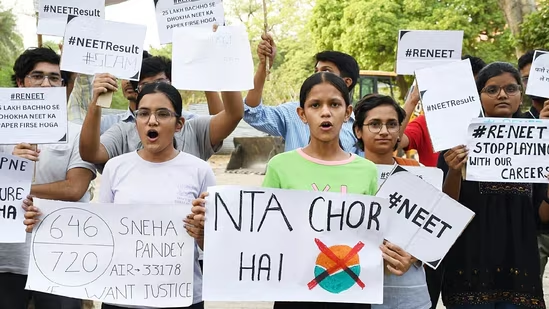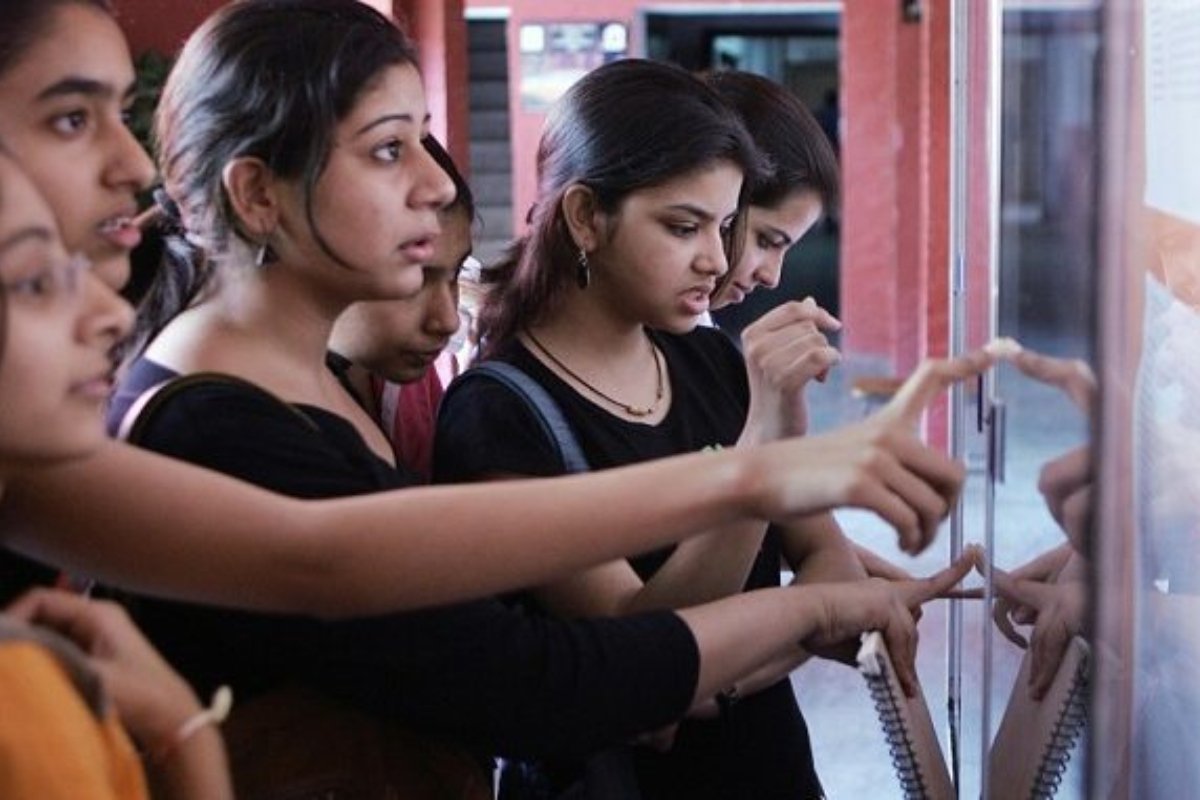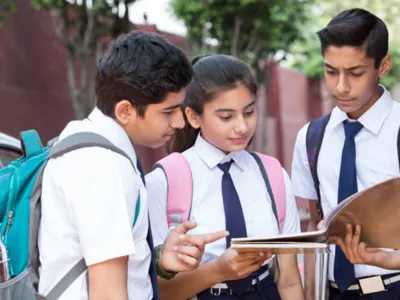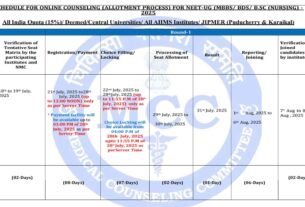The National Eligibility cum Entrance Test (NEET-UG) is a paramount examination for students aspiring to pursue undergraduate medical courses in India. Established as a standardized test, NEET-UG plays a critical role in ensuring a uniform evaluation system for tens of thousands of students vying for limited seats in prestigious medical colleges across the country. The test’s results are pivotal in determining the academic and professional trajectories of these students, making the accuracy and fairness of the examination process paramount.
Recently, however, the NEET-UG results have come under scrutiny due to alleged irregularities that have cast a shadow over the credibility of the examination. Several discrepancies in the scoring process have been reported, raising concerns among students and educational experts alike. Instances of mismatches between the answer keys and the marked answers have surfaced, creating confusion and uncertainty about the final scores.
Technical glitches during the examination process have also been a significant point of contention. Students have reported issues such as frozen screens, abrupt disconnections, and technical errors that disrupted their ability to complete the exam within the allotted time. These technical mishaps have not only caused considerable stress but have also potentially impacted the performance of many candidates.
Additionally, allegations of malpractice and administrative lapses have further complicated the situation. Reports of unauthorized access to examination materials, impersonation, and other forms of cheating have emerged, undermining the integrity of the test. The lack of robust security measures and oversight has been criticized by both students and educational authorities, calling into question the effectiveness of the current examination framework.
According to data released by various student organizations, a significant percentage of candidates have expressed dissatisfaction with the handling of the recent NEET-UG examination. Educational experts have emphasized the need for a thorough investigation into these irregularities to restore confidence in the examination system. The collective outcry from students and experts underscores the urgent need for reforms to ensure a fair and transparent evaluation process for future NEET-UG examinations.
India Youth Congress’ Response and Protest Activities
The India Youth Congress, in response to the alleged irregularities in the NEET-UG results, has taken significant actions to voice their concerns and seek redress. The timeline of events began shortly after the NEET-UG results were announced, with the Youth Congress quickly mobilizing to address what they termed as serious discrepancies that could impact the futures of countless students.
Official statements were swiftly released by Youth Congress leaders, highlighting their demands for a thorough re-evaluation of the NEET-UG results. They called for increased transparency and stricter oversight in future examinations to prevent such issues from recurring. The Youth Congress also sought legal recourse, filing petitions to challenge the results and demand accountability.
Protest activities were organized in key locations across the country, including major cities such as Delhi, Mumbai, and Bengaluru. These protests saw substantial turnouts, with thousands of students, parents, and supporters joining the demonstrations. Key figures within the India Youth Congress, including its President Srinivas BV, were at the forefront of these protests, delivering impassioned speeches and rallying support for the cause.
During these protests, there were significant incidents that drew public attention. In some instances, clashes with authorities occurred, leading to arrests and heightened tensions. Despite these challenges, the protests received considerable public support, with many sympathizing with the affected students and calling for justice.
Among the proposed solutions put forth by the Youth Congress were demands for an independent investigation into the alleged irregularities and the institution of a more robust and transparent evaluation system for future examinations. They also called for immediate relief measures for affected students, such as provisional admissions or re-examinations.
Quotes from key stakeholders provide additional insight into the situation. Srinivas BV stated, “We will not rest until every student’s grievance is addressed and justice is served.” Affected students voiced their frustration, with one commenting, “Our future is at stake, and we deserve a fair evaluation.” Parents echoed these sentiments, emphasizing the need for systemic changes to restore faith in the examination process.





